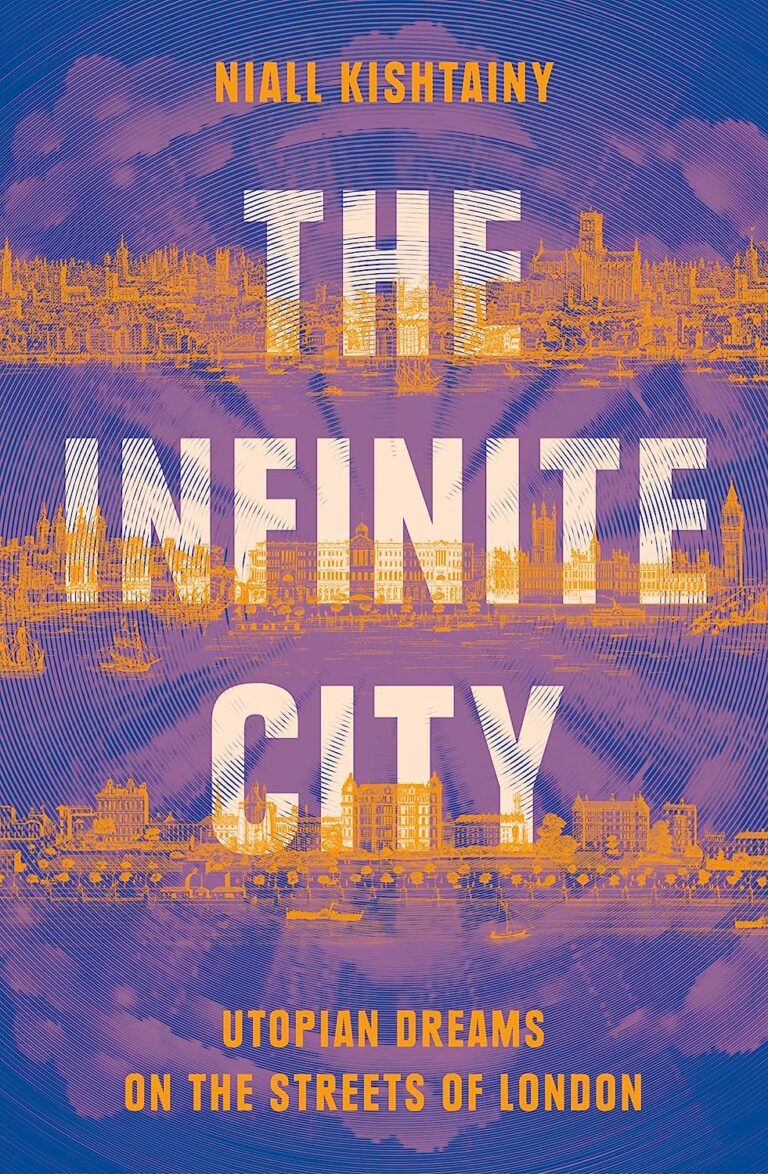Utopia can never exist. That’s literally because the word, which Sir Thomas More coined in his 1516 book of that name, comes from the Greek for “not” and “place”. For the avoidance of doubt, More doubled down on the wordplay, naming the governor of Utopia, his fictional island, Ademos, meaning “no people”, and the river that runs through it Anyder, meaning “no water”.
Yet there’s more to it than this, because it turns out that one man’s idea of an ideal society is often very different from another’s. More’s vision, for instance, was proto-Communist. Houses in his mythical Utopia are allocated by lot, and re-allocated every ten years. Each morning, the citizens rise early and devote themselves to study before the real work starts.
As Niall Kishtainy points out in his excellent new history of London-based utopian thought, this fictional creation has quite a bit in common with the “contented solemnity” of More’s own home life in the City of London and later Chelsea. At dinner, the Mores took it in turns to read aloud from the scriptures, before rounding off with discussion of a question posed by More.
Kishtainy calls this “a utopia-in-miniature”. He might have called it “a Utopia-in-miniature”, since it closely resembles the society in More’s book. And here lies the fault line of all utopianism. Happiness, when you look into it, is as subjective as its opposite. Interrupting your steak to recite from Leviticus isn’t everyone’s idea of fun.
Nevertheless, Kishtainy clearly feels fond of his cast list of saints and crackpots who lived in and around London as they dreamed of a better world. Why, though, does he stick to London? Why not extend his scope to Plato’s Republic, which the philosopher suggested would best be governed by (you guessed it) philosophers? Why exclude recent micro-states, such as the Independent Principality of Sealand, the abandoned anti-aircraft installation in the North Sea, which an Essex family has held since the 1960s without ever sorting out the heating, as I learned to my cost when I stayed there for a few bone-chilling days a decade ago?
Kishtainy never really justifies his geography, except to say that the “labyrinth” of his Infinite City provides a “foil” for its utopian dreamers. Yet this arbitrary element is forgotten amid the merits and momentum of his many-peopled narrative. We learn, for example, of Gerrard Winstanley, who was told by God in a trance to “work together, Eat bread together; declare this all abroad”. He tried to do just that with his fellow Diggers, as they were dubbed, near Cobham in the 1640s, to the consternation of locals.
Then there was Thomas Spence, the 18th century radical who believed that the poor were kept in ignorance by the difficulty of the English language. He invented a phonetic system of spelling, which he wrote, using his new method, would save them from many “veksathus, tedeus, and ridikilis absurditez”. It never caught on. In the 19th century, one John Adolphus Etzler claimed that utopia could be achieved by labour-saving machinery, which would enable people to live to 170. The thrust of his arguments was undermined when one of his prototypes, a wave-powered boat, sank on its maiden voyage in the Thames.
In the 20th century, nationwide attempts to realise some version of utopia in Nazi Germany and Soviet Russia engendered atrocities. This may have been inevitable, thinkers such as Karl Popper and Isaiah Berlin argued. Since no one can agree what utopia should look like, it can only be realised by force, which leads to totalitarianism.
The counterargument, a historical instance of utopian ideals being realised to the benefit of all, is the welfare state. So says Kishtainy, a left-wing LSE professor and instinctive utopian who believes that, in Britain, the advances of the 1940s were eroded by the Tories in the 1980s. He might not sound like an obvious choice for many Spectator readers, but you don’t have to agree with someone to enjoy their company. He’s now in despair at the state of things, on the grounds that so many people “consume the knee-jerk narratives of journalists that feed on feelings of fear”. Prove him wrong by buying a copy of his vigorous, rigorous and eminently readable book. You may even finish it feeling heartened.
One take-home, it seems to me, is that the capacity to imagine a world that’s better than the one you were born into is a uniquely human attribute. You can describe this in a work of fiction, as More did, and as is done, arguably, by almost every novelist. You can try to create it in miniature in your domestic life, as we all do to some extent. Or you can try to realise it politically. These, though, are all manifestations of the same impulse, which all of us share, wherever we sit on the political spectrum.

